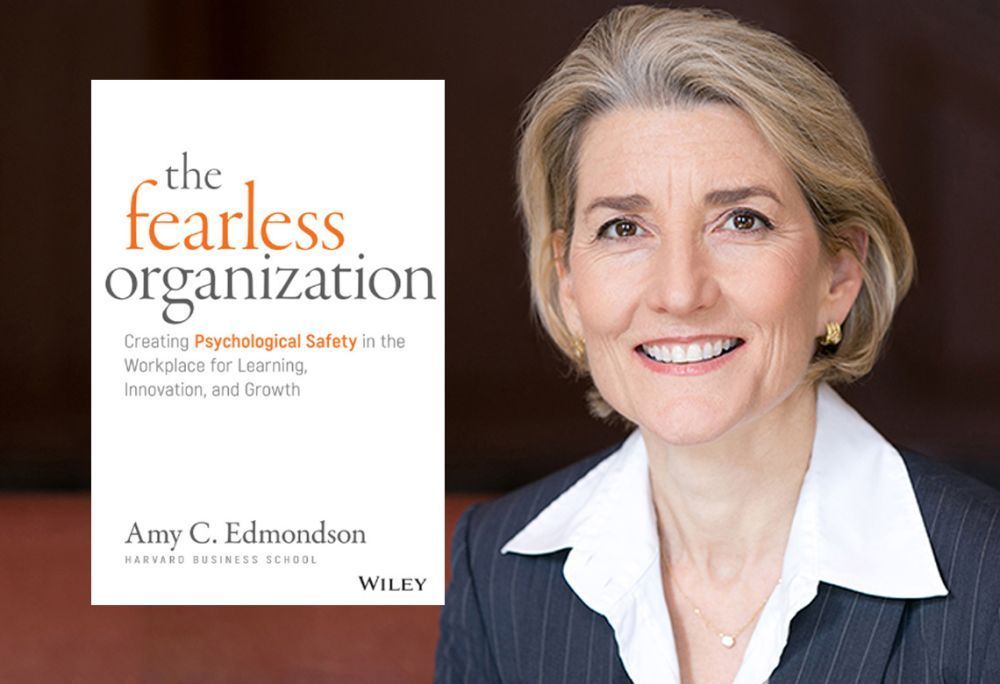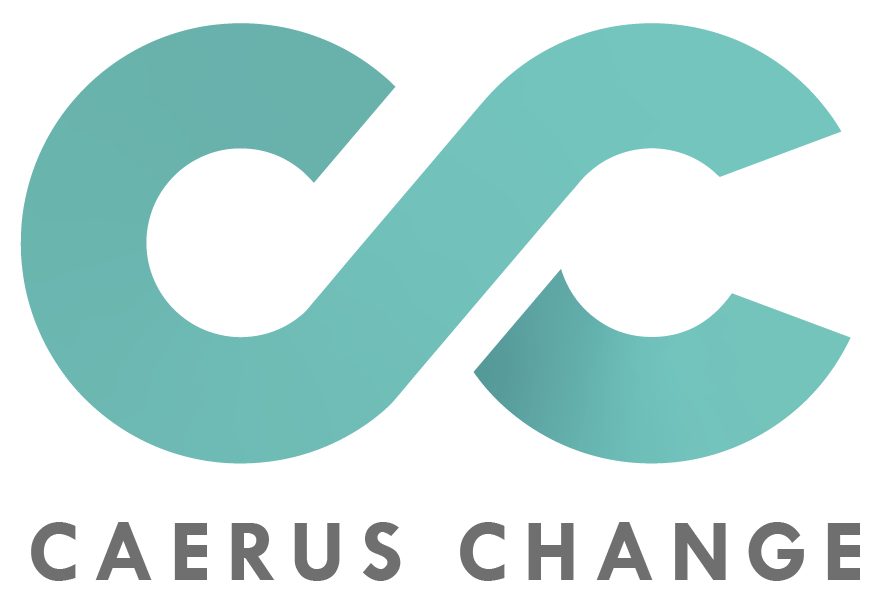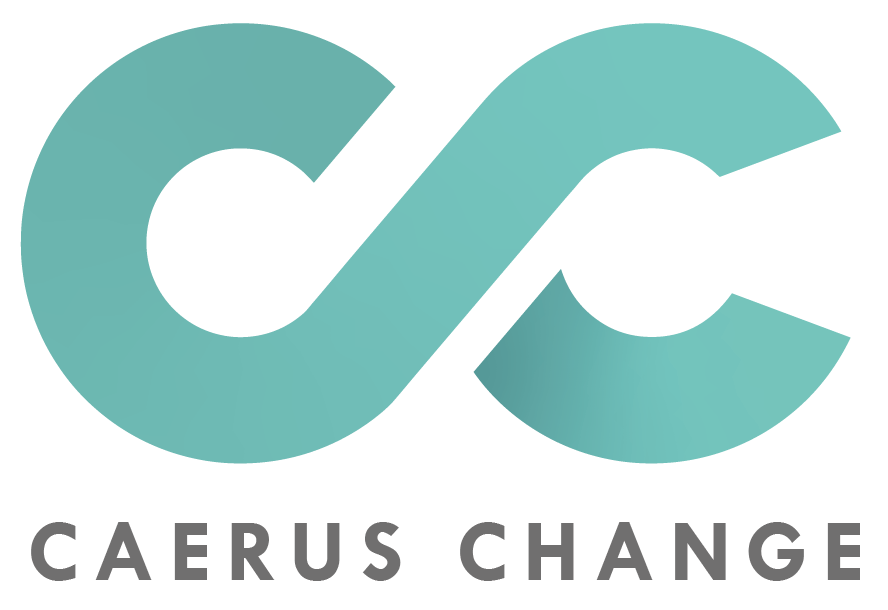How psychological safety drives innovation and high-performing teams
Psychological safety is crucial for high-performing teams that innovate and achieve breakthroughs. Research by Google’s Project Aristotle revealed that top-performing teams share a belief that mistakes won’t be punished, enabling the risk-taking, open communication, and creative thinking needed for innovation.
Why psychological safety matters
Psychological safety creates fertile ground for innovation and high performance in several ways:
- Encourages risk-taking: Team members can share ideas and challenge the status quo without fear of negative repercussions, fostering unconventional solutions.
- Promotes positive emotions: Trust, curiosity, and inspiration broaden thinking, making teams more resilient, adaptable, and persistent when solving complex problems.
- Enables creativity: A safe environment supports humour, solution-finding, and divergent thinking, leading to innovative outcomes.
- Builds trust: Increased oxytocin levels promote trust and collaboration, which are essential in demanding, high-stakes environments.
- Encourages learning behavior: Teams openly discuss errors, seek feedback, and experiment with new approaches, essential for continuous improvement and adaptability.
The cost of an unsafe environment
When team members feel unsafe to express themselves, it can stifle growth and innovation:
- Suppression of ideas: Fear of judgment or ridicule limits diverse perspectives and informed decision-making.
- Reluctance to share mistakes: A punitive environment prevents learning from errors and addressing potential issues early.
- Reduced flexibility: Teams become less adaptable and struggle to respond effectively to challenges.
Creating psychological safety is not just about being "nice" – it’s a strategic imperative for innovation and exceptional performance.
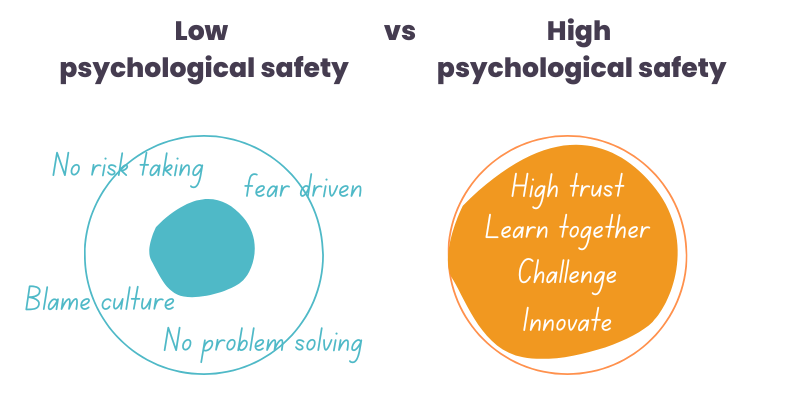
10 Practical Tips to Foster Psychological Safety
These tips are inspired by the work of Amy Edmondson, a leading researcher on psychological safety.
1. Promote Open Communication
Encourage sharing of ideas, opinions, and concerns. Leaders can:
- Actively seek diverse perspectives.
- Listen attentively and value all contributions.
- Create an inclusive atmosphere where everyone feels heard.
2. Normalize Failure
Reframe mistakes as learning opportunities:
- Encourage experimentation.
- Celebrate lessons learned from failures rather than assigning blame.
3. Cultivate Empathy
Remind team members of their shared humanity by acknowledging:
- Individual experiences and motivations.
- The importance of understanding others’ perspectives.
4. Speak Human-to-Human
Use positive language and address universal workplace needs like respect, competence, and autonomy to build a supportive environment.
5. Plan for Reactions
Anticipate responses to sensitive topics and prepare evidence-based counterarguments to encourage constructive discussions.
6. Approach Conflict as Collaboration
Focus on achieving mutually beneficial outcomes rather than "winning." This encourages rational problem-solving and strengthens relationships.
7. Replace Blame with Curiosity
Approach disagreements with genuine curiosity rather than accusations to create a culture of openness.
8. Ask for Feedback
Solicit feedback on communication styles and encourage constructive criticism to foster trust and continuous improvement.
9. Assess Team Dynamics
Use tools like surveys or one-on-one meetings to gauge psychological safety levels. Pay attention to nonverbal cues like tone and body language.
10. Reinforce Safe Behaviors
Acknowledge and reward actions like open communication and respectful disagreement to embed psychological safety into the team’s culture.
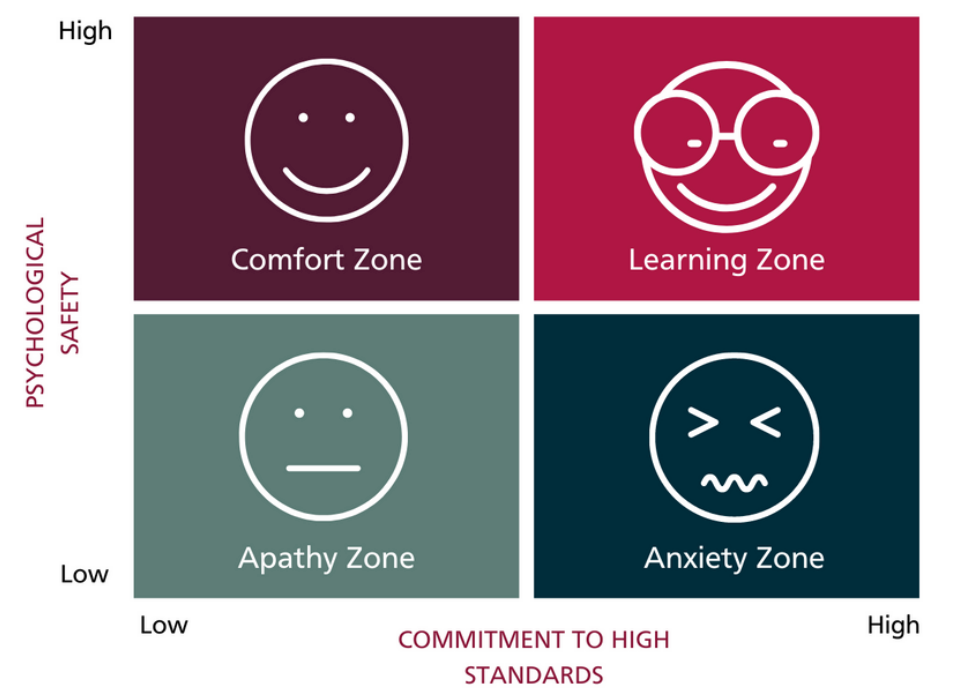
Get in contact with us
As Amy Edmondson, a pioneer in psychological safety research, emphasizes, fostering openness, trust, and collaboration is essential for teams to thrive. At Caerus Change, we offer opportunities for both aspiring trainers and teams to experience Amy’s proven methodology in action.
Whether you’re looking to become a certified trainer and guide others in establishing psychological safety, or you’re part of a team ready to unlock its potential for innovation, growth, and resilience, we’re here to help.
Interested in learning more? Contact us for a free consultation and discover how Amy Edmondson's research-backed approach can transform your training or team success.
Contact Us
